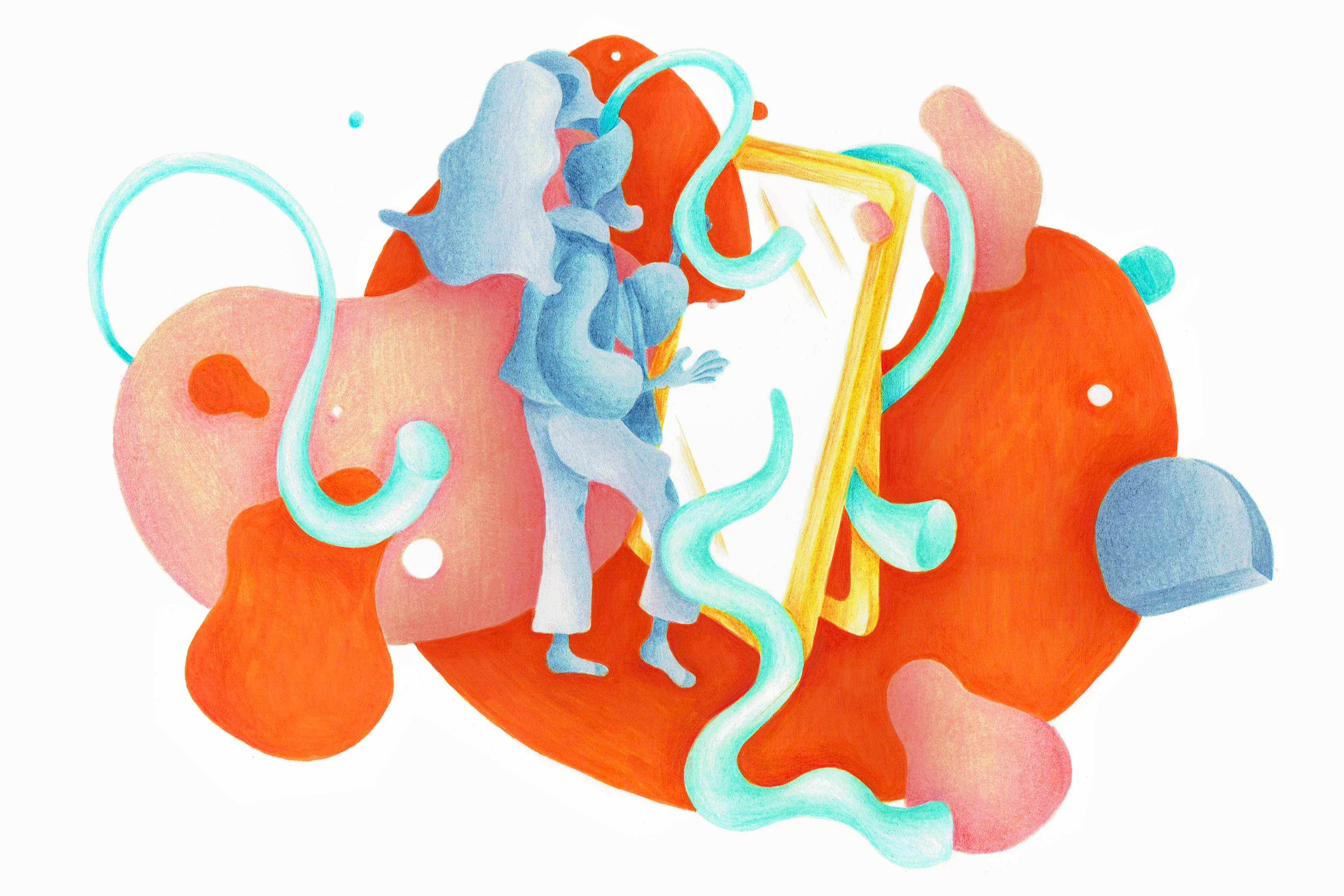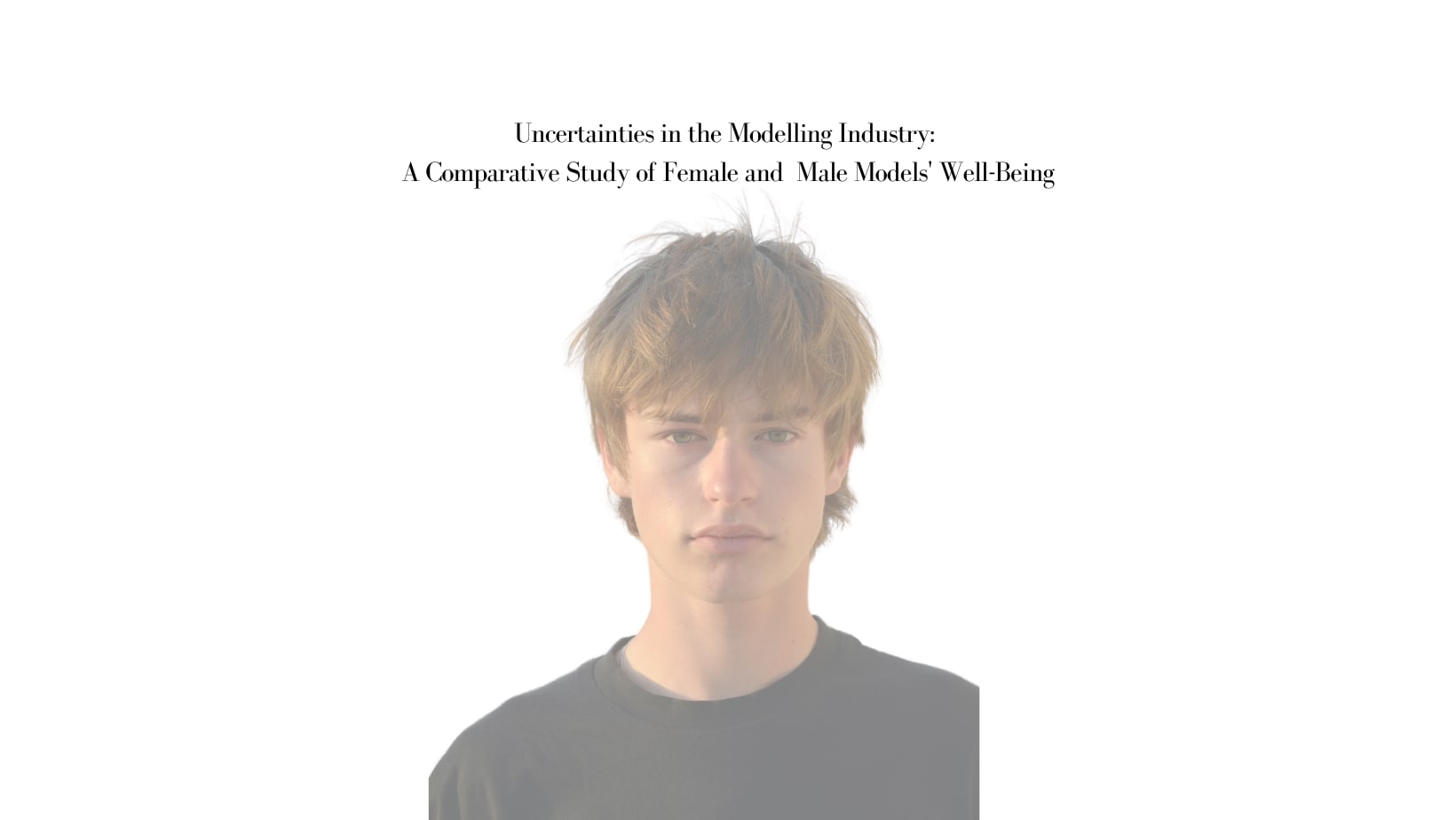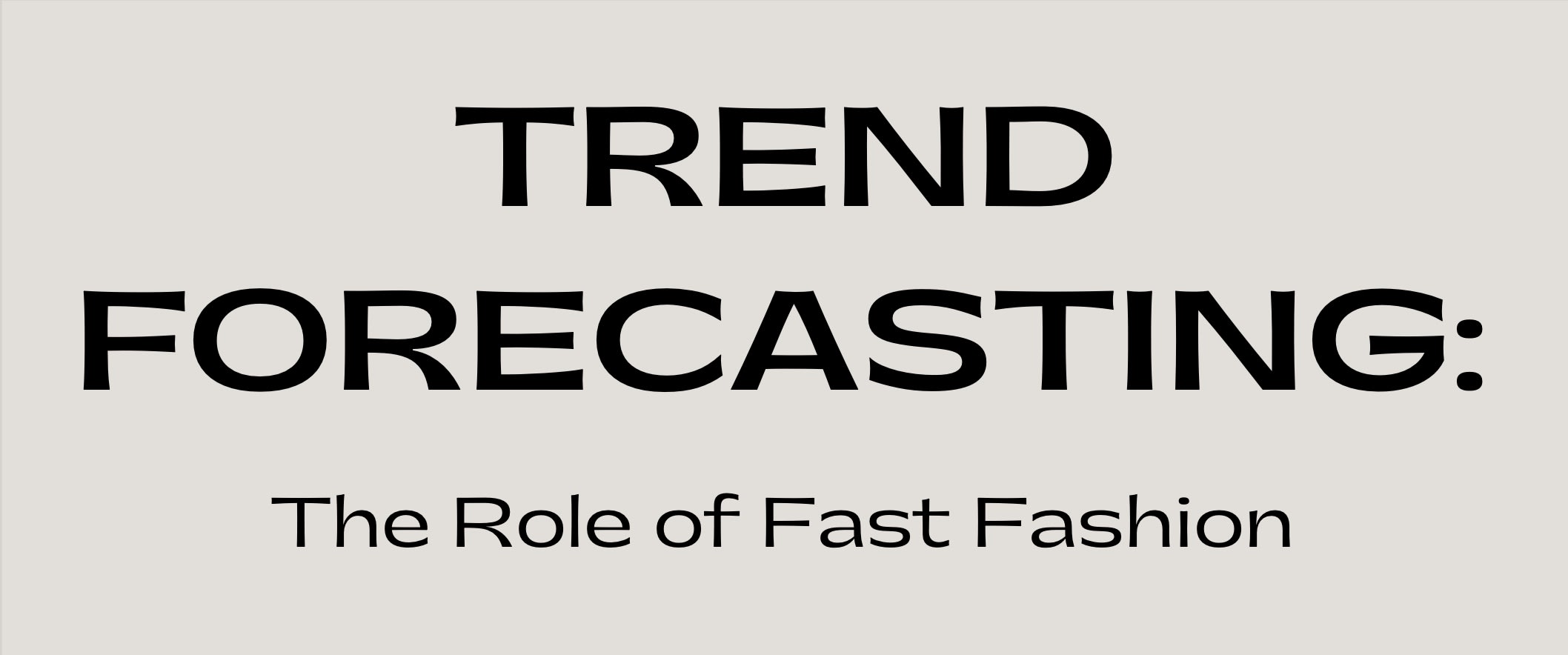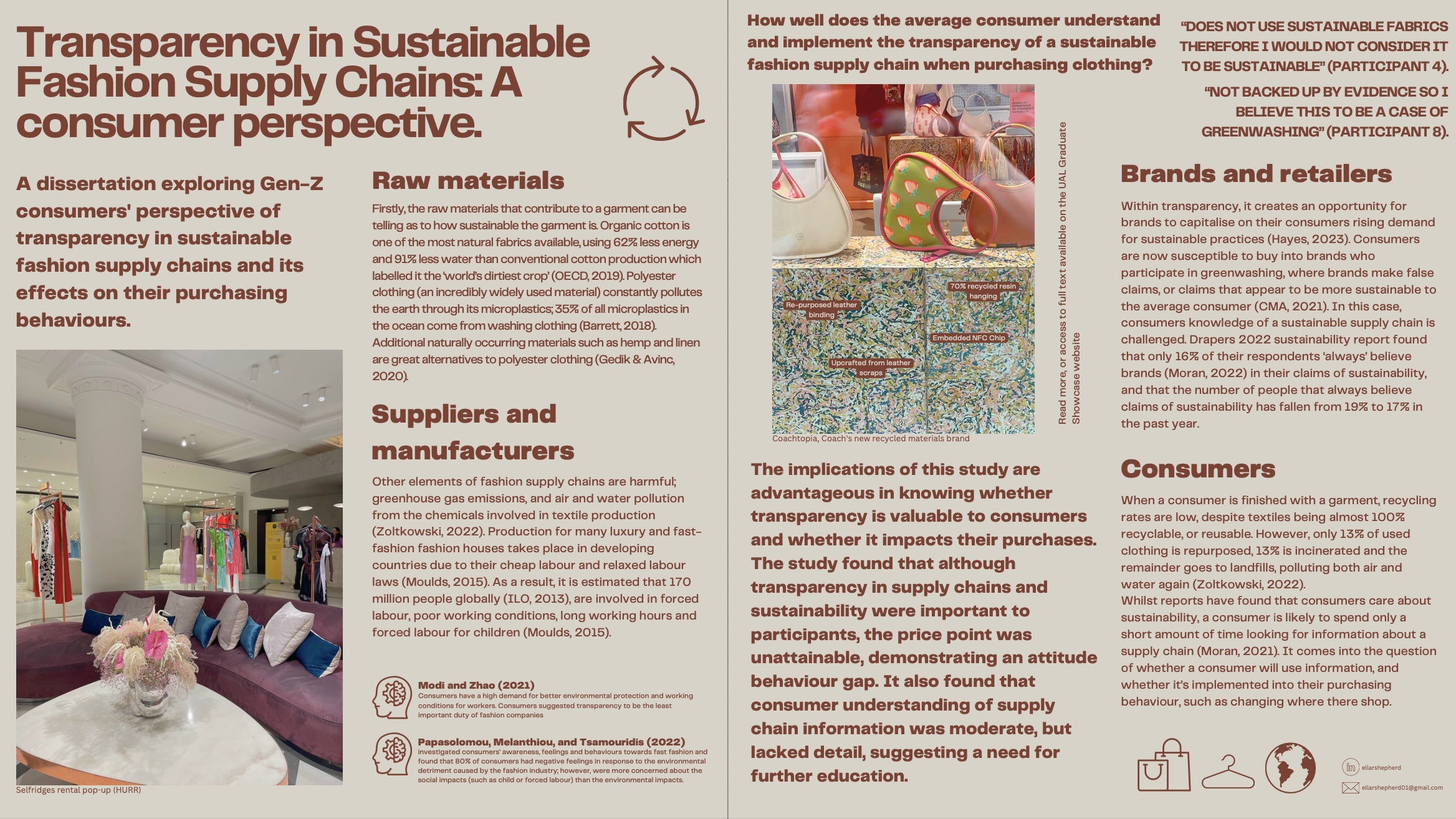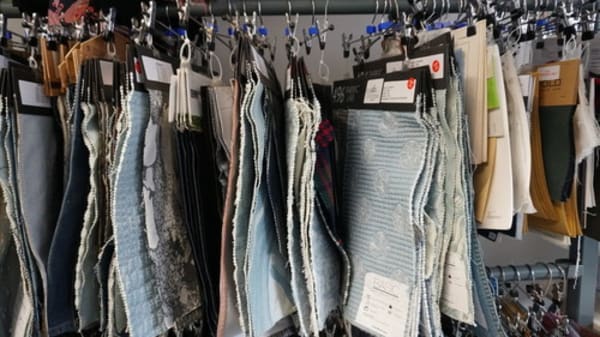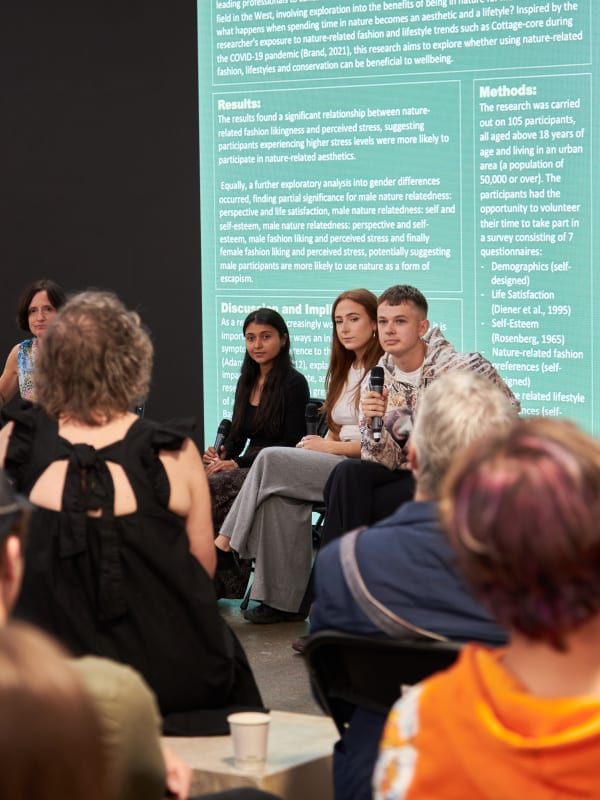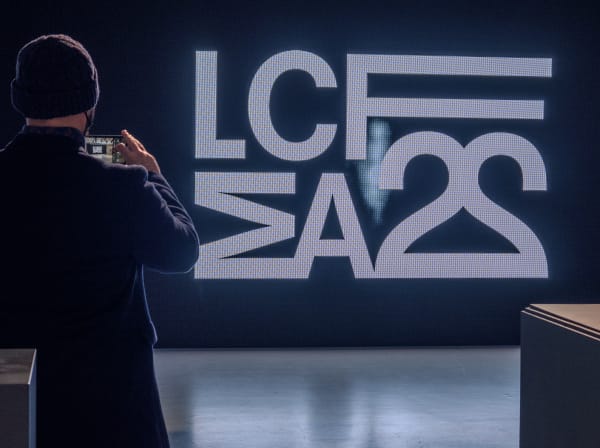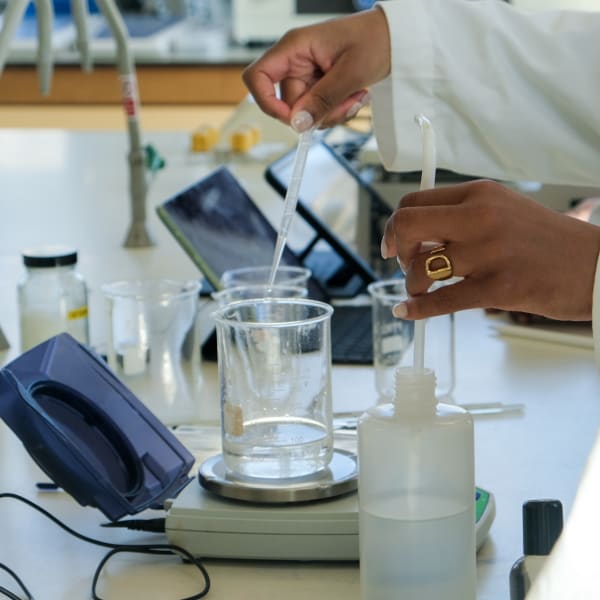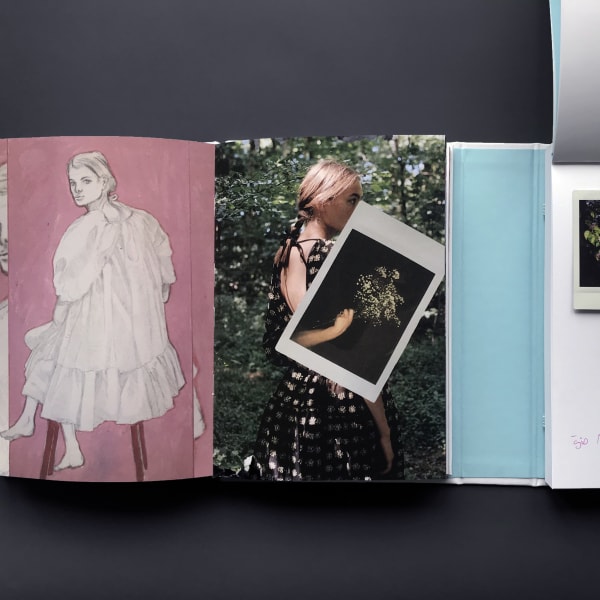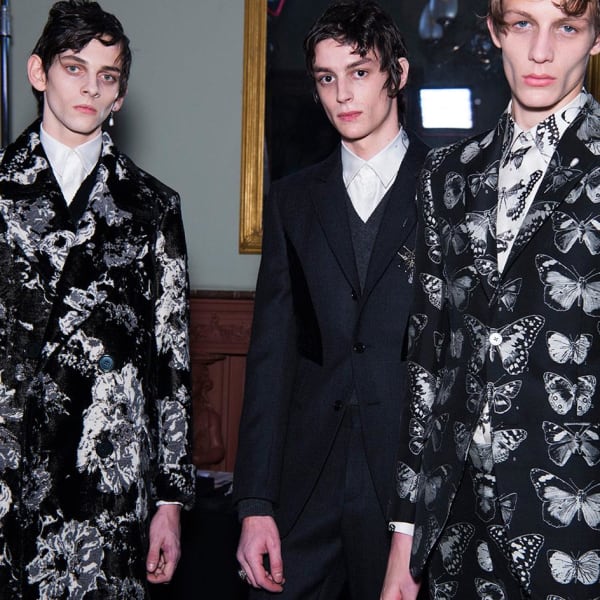Course units
The units you will study in Year 1 are as follows:
Introduction to Psychology of Fashion
This unit aims to introduce you to your course and its subject specialism as well as to effective learning and studentship at undergraduate level. It will orientate you to the practices and knowledge base needed to understand your discipline and help you to develop your skills for independent & collaborative learning, reflection and your own self development. Students come from many diverse educational backgrounds and a part of this unit will enable to reflect on your own background and how that shapes the way you approach your course.
Applications of Psychology in Fashion
This unit will consider how the application of psychology can make a positive difference in the fashion industry and in fashion business. You will study theories and concepts from the core areas of psychology, including individual differences, biological, cognitive, emotional, social and lifespan psychology, and discuss how their application can develop potential solutions to real issues in fashion.
Philosophy and Ethics in Research
The study and application of ethics is a fundamental component of any psychology programme. You will learn the fundamental elements of conducting research with human participants from philosophical and ethical perspectives. In doing so, you will understand how to adopt an ethical approach to conducting research in fashion and related industries.
Fashion and Wellbeing
This unit is concerned with the concepts and theories of psychological wellbeing as applied in the context of fashion. It explores individual, societal and global issues, including identity and body image, appearance and judgement, fashion and the environment, and the impact of technology. You will learn how to enhance wellbeing through engagement with concepts of critical reflection, altruism, gratitude and appreciation.
Quantitative Methods in Fashion Psychology
The unit introduces you to the research skills needed to understand human behaviour within the context of fashion and business. This unit will give you the opportunity to work collaboratively to identify an area of fashion business that interests you, and to investigate the links between your chosen topic and psychology. This will allow you to consolidate the knowledge and skills that you have already acquired, give you the opportunity to conduct research, and develop working relationships that are essential for employability. It will also further your understanding of statistics and introduce you to data collection and data analysis software.
The units you will study in Year 2 are as follows:
Cognitive and Biological Psychology
This unit looks at fashion-related phenomenon through the lens of biological and cognitive psychology. You will learn about the neuroanatomy of the brain and how it conducts neural signals as it relates to human behaviour, and will also learn how these processes give rise to cognitive processes that characterize our conscious experience of the world. This knowledge will be related to how we experience various aspects of fashion-related phenomenon, from understanding the design process of creatives, to understanding how we perceive the sensory qualities of fashion stimuli, and being able to evaluate sensory and neuromarketing applied in a fashion industry context.
Qualitative Methods in Fashion Psychology
This unit builds on the knowledge you have developed in Year 1. You will be introduced to qualitative research skills needed to understand human behaviour within the context of fashion and business. You will learn different qualitative research methods and data analysis techniques that can be used to analyse qualitative data and answer research questions. This unit will give you the opportunity to work collaboratively to identify an area of fashion business that interests you, and to investigate the links between your chosen topic and psychology and conduct qualitative research. This will allow you to consolidate the knowledge and skills that you have already acquired and further develop working relationships that are essential for employability. It will also introduce you to software for qualitative data analysis.
Fashion Consumer Psychology and Sustainability
This unit introduces you to concepts of consumer behaviour and psychology through an investigation of how and why we buy fashion goods and services. You will investigate how consumer identity is formed, and develop your understanding of fashion psychographics and cross-cultural values, and how these may inform fashion marketing practices. You will apply market research methods and evaluate consumer behaviour in different parts of the world, and will appraise existing business practices and offer realistic solutions with sustainable development in mind.
Dress and Individual Differences
This unit focuses on personality and other individual differences that make us who we are and influence our emotions, cognitions, and behaviours. In this unit you will explore historical and conceptual issues in the study of personality and individual differences, and will develop an understanding of theories of personality and the self from a developmental perspective. You will explore topics such as intelligence, psychopathology and the value of psychometric assessment, and will use your knowledge of individual differences to understand the behaviour of individuals in fashion-related contexts.
Industry Consultancy Project
You will learn how to make effective decisions regarding which research methodologies are most appropriate given a particular research question. You will develop practical advanced quantitative analysis skills through designing an investigation, collecting, exploring, analysing and interpreting data appropriately using statistical software. You will then carry out and write up a negotiated consultancy project in the context of fashion business and present your findings. In addition, you will attain essential employability skills to facilitate your future career success.
Optional Diploma Year
Industry DIPS
This optional diploma can be taken between years 2 and 3. With support from your tutors, you’ll undertake an industry placement for a minimum of 100 days/20 weeks. As well as developing industry skills, you’ll gain an additional qualification upon successful completion.
Enterprise DIPS
This optional diploma can be taken between years 2 and 3. With support from your tutors, you’ll undertake an enterprise placement year where you will explore a business idea from proposal to minimal viable product (MVP). As well as developing enterprise skills, you’ll gain an additional qualification upon successful completion.
CCI Creative Computing
Between years 2 and 3, you can undertake the year-long Diploma in Creative Computing. This will develop your skills in creative computing alongside your degree. After successfully completing the diploma and your undergraduate degree, you’ll graduate with an enhanced degree: BSc (Hons) Psychology of Fashion (with Creative Computing).
CCI Apple Diploma
Between years 2 and 3, you can undertake the year-long Diploma in Apple Development. This will give you an opportunity to become an accredited apple developer alongside your degree. After successfully completing the diploma and your undergraduate degree, you’ll graduate with an enhanced degree: BSc (Hons) Psychology of Fashion (with Apple Development).
The units you will study in Year 3 are as follows:
Advanced Topics in Fashion Psychology
This unit introduces a unique opportunity to bridge theoretical knowledge with real-world, state of the art topics in the fashion industry and/or fashion-related careers. You will apply the knowledge and skills from Years 1 and 2 to critically appraise the current fashion industry in the context of ethics, psychology, and business practice. You will apply strategic thinking to propose and critically evaluate feasible future scenarios for an ethical and sustainable fashion industry.
Organisational Psychology and the Fashion Workplace
This unit explores how human resources need to be sustained and used effectively in the same way as other tangible and intangible organisational resources. You will examine the links between employee psychological wellbeing and motivation, productivity and innovation. You will learn how to prioritise employee wellbeing through workplace initiatives, and how to evaluate their effectiveness. In addition, you will study the role of psychology in the fashion workplace including group and team behaviour, theories of leadership and management, communication and performance management.
Final Major Project
The Final Major Project represents the culmination of your undergraduate degree. This unit will provide you with the opportunity to demonstrate the knowledge and skills acquired throughout the course. You are expected to carry out an empirical dissertation, which includes completing an extensive research project, thus demonstrating a range of skills including planning, considering and resolving ethical issues, gathering and analysing data, and academic writing in accordance with set conventions. You will also demonstrate advanced levels of self-motivation, time and resource management, self-reflection and self-appraisal. You will be allocated a supervisor who will support and guide you through tutorials.
